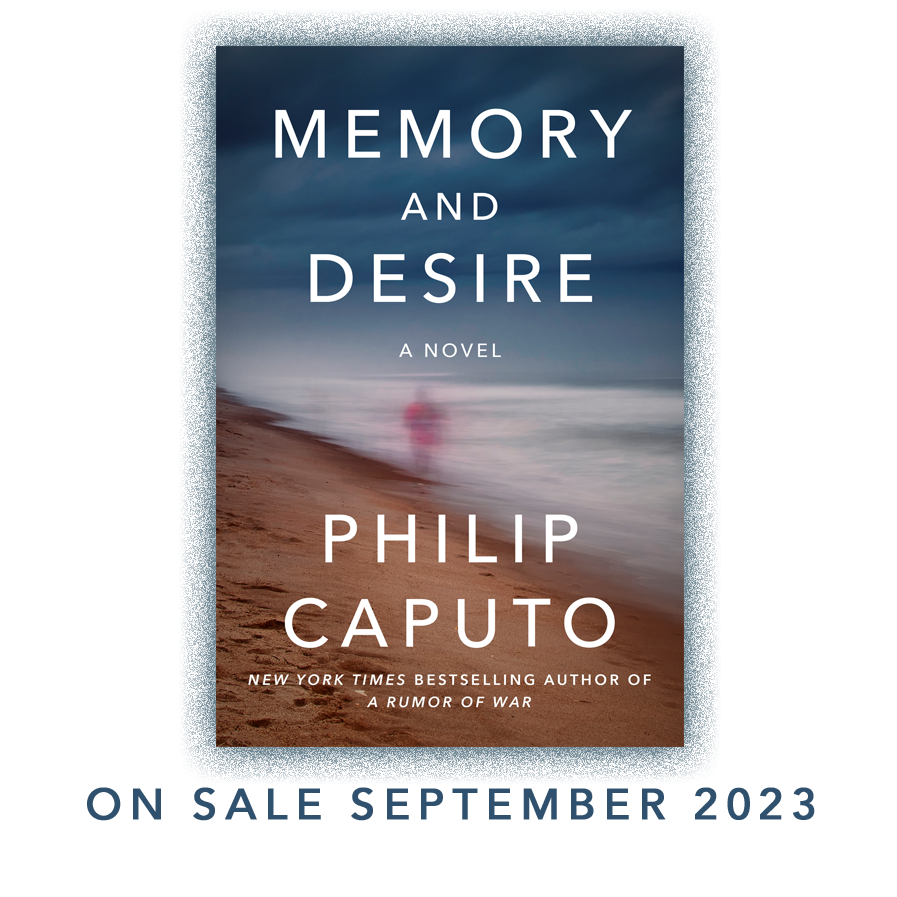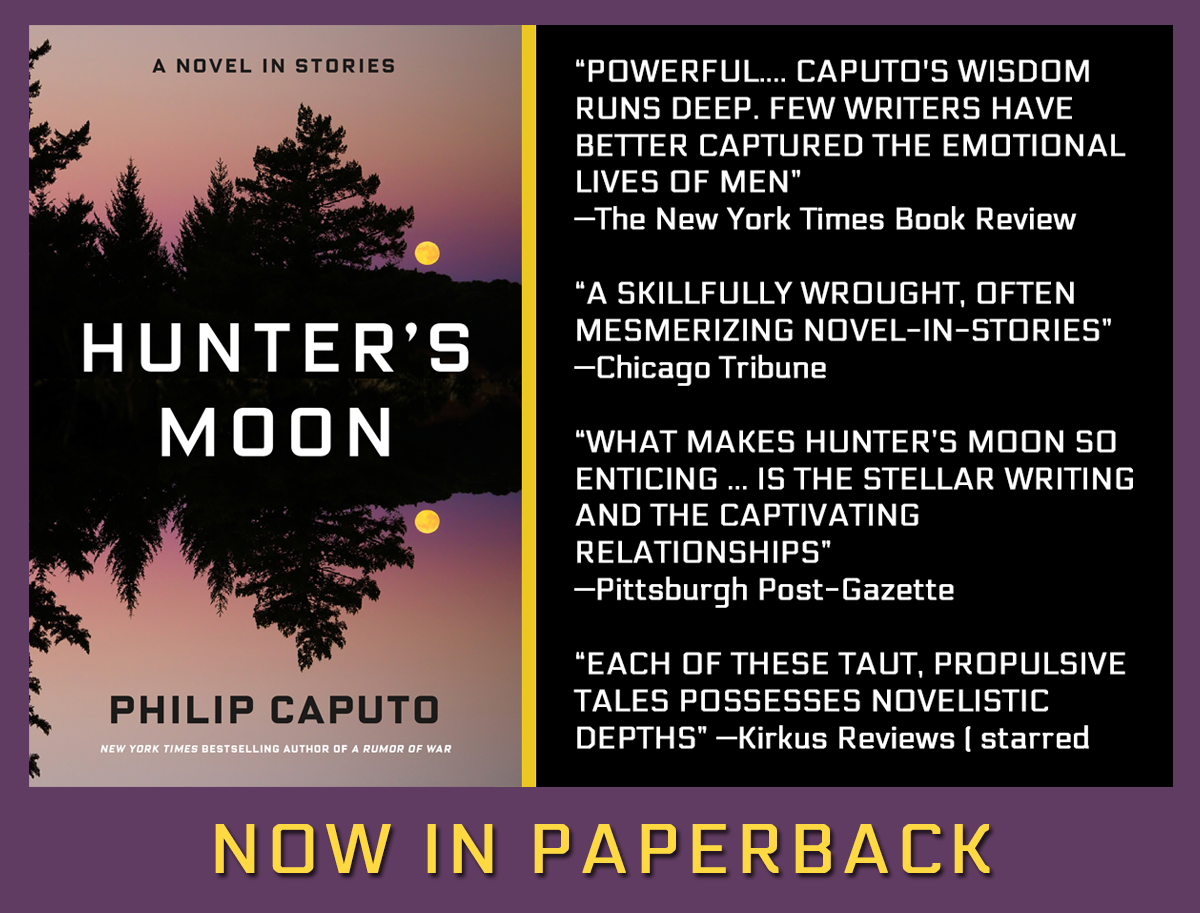NYT story: PLOT THICKENS AS 900 WRITERS BATTLE AMAZON: http://www.nytimes.com/2014/08/08/business/media/plot-thickens-as-900-writers-battle-amazon.html?emc=eta1&_r=0.
I am among the 909 authors who signed the open letter, composed by Douglas Preston, asking his readers to tell Amazon to stop using writers as hostages in negotiations with Hachette. As visitors to this site know, I have called on Amazon customers to boycott the online retailing giant, because quite a lot is at stake in Amazon’s contract dispute with Hachette, a traditional publishing company.
The Times states that Amazon seeks dominate the publishing industry. Actually, it’s trying to monopolize it in all its aspects. In the ideal Amazon future, it will be the major, if not the only, book publisher in America; it will be the major, if not the only, bookseller in America; and it will be the major, if not the only manufacturer of e-readers in America, and all of America will be reading nothing but e-books. (This doesn’t count the Tech giant’s ventures in selling just about everything else, from athletic shoes to gardening equipment to computers, CDs, and now, its own smart phones). Jeff Bezos, the company’s CEO, seems to be a 21st century striver for the John D. Rockefeller Monopoly Award.
Why is this dangerous?
1. Count on it — if Amazon ever does become the only dog on the block, prices of books, downloads, and e-readers will rise. Monopolies benefit no one except the monopolist and his/her cronies. That’s why the U.S. passed the Sherman Anti-Trust Act 120 years ago; that’s why the (Theodore) Roosevelt administration and the Progressive Movement battled Standard Oil and other corporate combines in the early 20th century.
2. Conventional book publishers, as well as booksellers (especially independents) have been and are far more than businesses; they are cultural institutions, integral to the whole humanist tradition going back to the early Renaissance. Publishers like Hachette find and nurture new authors, they develop talent and bring it to the world. They support established writers through personal relations between the writer and his or her editors, while bookstores like Powell’s in Portland, OR., the Tattered Cover in Denver, CO, Lemuria in Jackson, MS, and Books and Books in Coral Gables, FL (among many others) maintain sales staffs deeply versed in literature who hand-sell noteworthy books to their customers. This is the kind of hands-on, face-to-face, mind-to-mind relationship that cannot exist in the online world. Both the publishers of books and the sellers of them enrich our culture and society, which would be vastly poorer without them.
3. Bezos and executives seems to think otherwise. To them, the book publisher and the bookstore are dinosaurs whose inevitable demise should be hastened by the tech wizards like themselves. Or maybe I should say “wounded gazelle” instead of dinosaur. Bezos famously said that Amazon should go after publishers as a cheetah would a wounded gazelle. It’s too bad, because Amazon has done a lot for book writers and book buyers in the 20 years of its existence. It has done a lot even for traditional publishers, by forcing them to modernize through competition. But by blocking sales of books by Hachette writers like Preston, by steering customers to other books as a way of pressuring Hachette, Amazon is doing a dis-service to its customers and to writers, using them as human shields in its legal battle.
To see a copy of the letter and the roster of signatories that will appear in Sunday’s (Aug. 10) editions of the Times go to:http://www.authorsunited.net/



RECENT COMMENTS